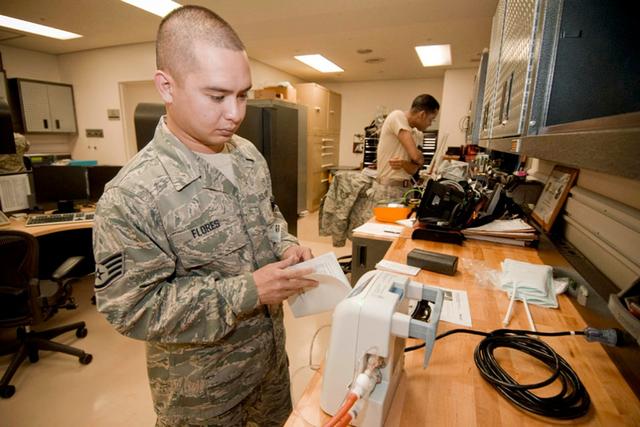Industrial-Organizational Psychologists
Overview

Introduction
Industrial-organizational psychology is the “scientific study of working and the application of that science to workplace issues facing individuals, teams, and organizations,” according to the Society for Industrial and Organizational Psychology (SIOP), which has approximately 10,000 members. Industrial-organizational psychologists use psychological principles and research methods to study businesses and other organizations to improve the performance and well-being of individuals and work teams. Areas of specialization include train...
Quick Facts
Median Salary
Employment Prospects
Minimum Education Level
Experience
Skills
Personality Traits
Earnings
In May 2023, all psychologists earned salaries that ranged from less than $52,430 to $151,880 or more, according to the U.S. Department of Labor. However, industrial-organizational psychologists earned a median salary of $147,420 (much higher than the median of $92,740 for all psychologists). The American Psychological Association reports that some I-O psychologists earn $250,000 or more a year...
Work Environment
Work settings for I-O psychologists range from the noisy, busy floor of a factory; to a typical office environment; to a lecture hall on the campus of a large university. Industrial-organizational psychologists work a standard 40-hour workweek, but may occasionally need to be present at work sites at night and on weekends to conduct research and make observations. Some travel may be required—es...
Outlook
Job opportunities for industrial-organizational psychologists are expected to grow faster than the average for all careers through 2033, according to the U.S. Department of Labor (DOL). The DOL predicts that “organizations will continue to employ industrial–organizational psychologists to help with tasks such as selecting and retaining employees, implementing trainings, and improving office mor...































































































































